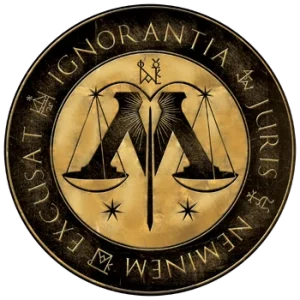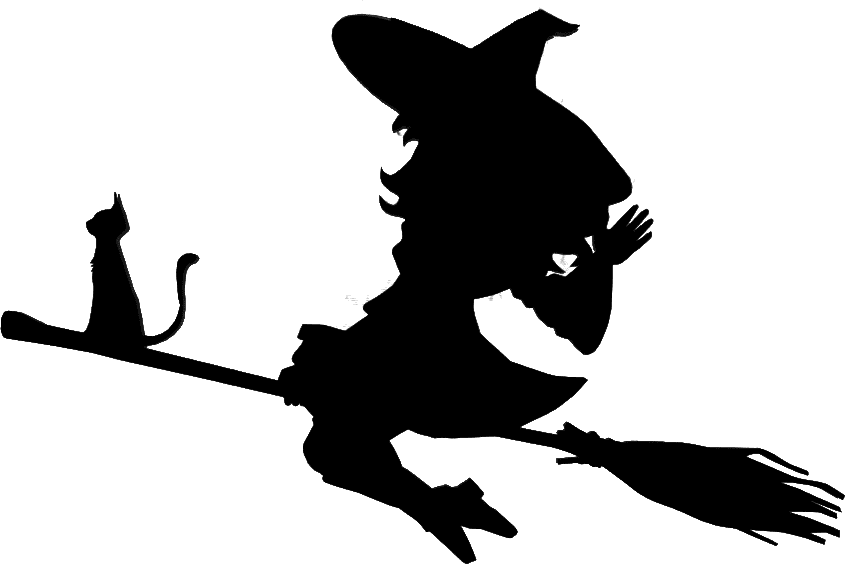I only know that I had a lot of fun doing it. (It’s a Ravenclaw thing.)
Anyway, here’s how it works in the Epithalamium universe.
Headquarters: Level 2, Ministry of Magic, London
Function: Judicial and legislative branch of the Ministry of Magic in Great Britain

The Wizengamot is the primary governing body of wizarding Britain. It is responsible for creating policy and legislation, and acts as a high court of law.
The Wizengamot comprises thirty-two members: twenty-five voting members and seven nonvoting members. Voting members are officially known as “Elders”.
Twenty-four of the voting members are selected by nomination and vote by the existing Elders of the Wizengamot, subject to approval by the Minister for Magic. Nominations may be made by any Elder of the Wizengamot and must be seconded by another voting member. Election is by simple majority.
The Senior Undersecretary to the Minister for Magic represents the government’s executive authority and serves on the Wizengamot ex-officio. He or she may vote in Wizengamot proceedings other than the election of Elders.
Heads of the seven departments of the Ministry of Magic serve ex-officio on the Wizengamot as nonvoting members. They assist in drafting and advising on policy and legislation, and they may serve on committees related to their areas of expertise.
Policy is formed by simple majority vote of voting members, while legislation requires a formal introduction (in the form of a bill) and debate, and may only be passed into wizarding law by a vote of twenty or more of the voting members.
The Minister for Magic is not a member of the Wizengamot, but he or she may attend its meetings, vote in criminal prosecutions, and may veto legislation (or the nomination of a potential Wizengamot member); however, a Ministerial veto can be overridden by a vote of twenty of the twenty-five voting members of the Wizengamot.
Each Elder (except the Senior Undersecretary to the Minister for Magic) serves for his or her lifetime, or until he or she steps down. A member may also be ejected by referendum, requiring a unanimous vote of the other Elders.
The Wizengamot’s highest leadership position is held by the Chief Witch or Warlock. He or she is responsible for formally introducing legislation (on behalf of the membership as a whole), overseeing debate, and presiding over matters of Wizengamot ethics or procedure. He or she also casts the deciding vote in the (rare) event of a tie.
The Chief Witch or Warlock is elected by the Elders of the Wizengamot with a simple majority vote and holds the post until he or she steps down, or until he or she is recalled by a referendum of the voting membership. Recall of a Chief Witch or Warlock requires a vote of twenty of the twenty-five voting members.
There are several committees within the Wizengamot: six permanent and a varying number of ad-hoc committees.
Committee members are selected by nomination and vote of a simple majority of Elders. Additionally, the Chief Witch or Warlock is permitted to appoint one member to each of the permanent committees. Each permanent committee has nine members.
Nonvoting members of the Wizengamot may serve on committees and may vote in committee; however, they do not vote in the general Wizengamot assembly.
Committee membership is on a staggered four-year schedule: every four years, three seats on each committee come open for nomination; however, members may serve unlimited numbers of terms, provided they are re-nominated and elected (or re-appointed by the Chief Witch or Warlock) to their seats.
Ad-hoc committees are established as needed by the Chief Witch or Warlock and have varying numbers of members who are elected by nomination and a simple-majority vote of voting members. When the work of an ad-hoc committee is deemed complete, it may be disbanded by agreement of its members and petition to the Chief Witch or Warlock.
Committee chairs are selected by a simple majority vote of committee members. Nonvoting members of the Wizengamot may serve as committee chairs.
Committee chairs are responsible for the administration of the committee: scheduling meetings, resolving conflicts, assigning tasks, and overseeing committee votes. They act as the primary liaison between the committee and the Wizengamot general assembly.
Among the most important of the Wizengamot’s permanent committees is the Judiciary Committee, which oversees the prosecution of accused criminals. The Head of the Department of Magical Law Enforcement is automatically appointed to this committee and may serve as chair, although that is not always the case.
Each trial is overseen by three (occasionally more) Interrogators, selected by the committee chair (who may also serve as Interrogator). One Interrogator is appointed chief, and serves the judicial function, overseeing procedure and determining what evidence and testimony is or is not admissible. The other Interrogators are responsible for presenting the Ministry’s case against the accused. In some cases, the chair may appoint a fourth Interrogator to act for the defence, although defendants most often present their own defence and call their own witnesses. The Minister for Magic may also serve as an Interrogator at his or her discretion.
Verdicts are rendered by a simple-majority vote of the Wizengamot (the Minister for Magic may also vote at trial), and punishments (with the exception of the Dementor’s Kiss), which may include prison sentences and/or monetary fines, are determined by the chair of the Judiciary Committee and ratified by a simple majority vote of committee members.
Beginning in 1750, when a witch or wizard was convicted of a serious offence, the Judiciary Committee could submit a petition to impose the ultimate penalty: a Dementor’s Kiss.
A petition for the Kiss had to be approved by a two-thirds majority of the voting Wizengamot. A total of sixty-three such sentences were carried out between 1750 and 1998, when the Wizengamot, under the leadership of Minister for Magic Kingsley Shacklebolt and Chief Warlock Arthur Weasley, voted to discontinue the Kiss as a penalty.
The last official Kiss occurred in 1995, when then-Minister for Magic Cornelius Fudge allowed his Dementor guard to inflict it on Bartemius Theodore Crouch without trial and without the consent of the Wizengamot, causing a scandal that, along with Fudge’s mismanagement of the growing Death Eater threat, forced him from office a year later.
This committee, which includes the Head of the Department of International Magical Cooperation, is responsible for advising the Minister regarding policy on Britain’s relationships with other wizarding governments. One committee member is selected to officially represent the British Ministry of Magic to the International Confederation of Wizards. Via this representative, the committee advocates for the policies espoused by the current British Minister of Magic’s administration in a variety of areas, including trade, international law, culture, and magical and non-magical interaction and cooperation. Committee members work in close collaboration with the Ministry and other Wizengamot committees.
This committee is responsible for advising the Ministry and the Wizengamot on economic issues and policy-making, including monetary policy, trade regulation, and wizarding employment.
The members of this committee advise the Wizengamot on issues pertaining to magical education, such as curriculum and educational standards. They liaise with the Hogwarts Board of Governors and with the Master of Mallory College, the magical constituent of the University of Oxford, to enact the Wizengamot’s educational policies.
The Muggle Liaison Committee comprises the Head of the Muggle Liaison Office and eight other committee members to advise the Wizengamot on policy relating to magical and Muggle interaction. A key function of this committee is working with the Delegation to the International Confederation of Wizards to advance Muggle-related policies backed by the British Ministry among the international wizarding community, including the review and enforcement of the International Statute of Secrecy.

Lorem ipsum dolor sit amet, consectetur adipiscing elit. Ut elit tellus, luctus nec ullamcorper mattis, pulvinar dapibus leo.